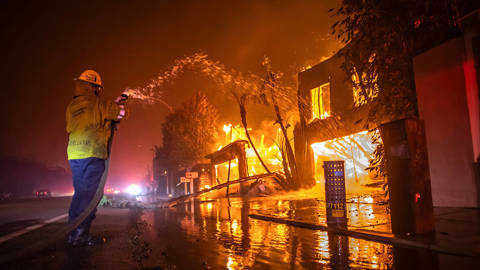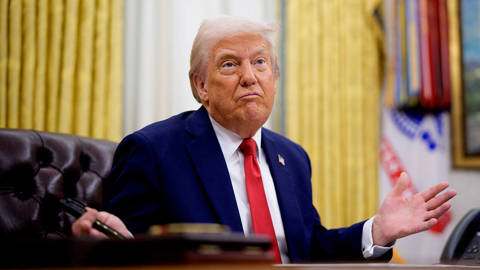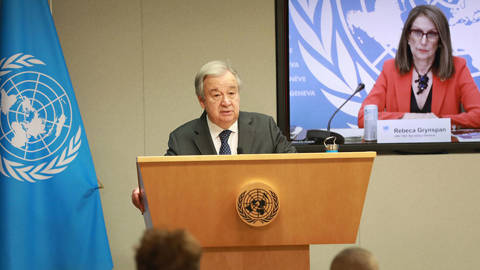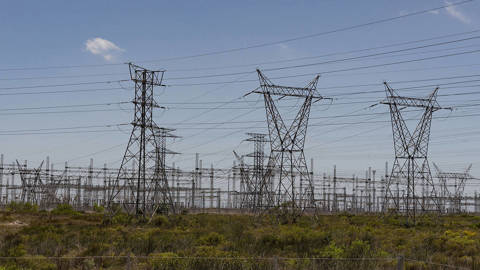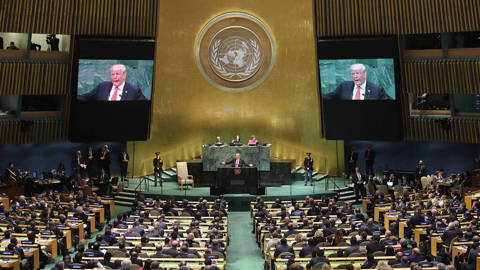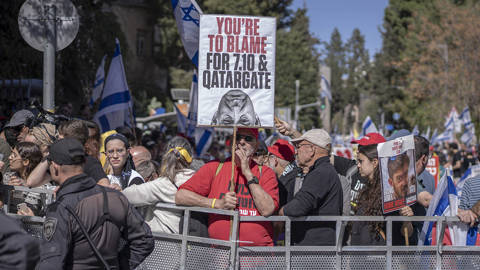Yu Jie
Yu Jie is a senior research fellow on China in the Asia-Pacific Program at Chatham House.
-
How China Is Preparing for America’s Next President
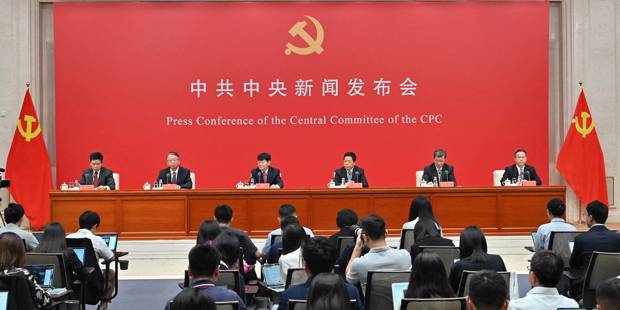
How China Is Preparing for America’s Next President
Sep 20, 2024 Yu Jie assesses Chinese efforts to prevent deteriorating bilateral relations from hindering economic growth.
-
The Shape of Power in 2024
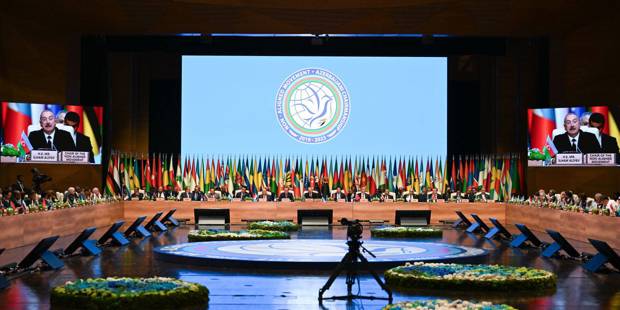
The Shape of Power in 2024
Dec 11, 2023 Adekeye Adebajo, et al. consider whether the world will become more multipolar or “non-aligned” in the new year.
-
China’s Precarious Balancing Act
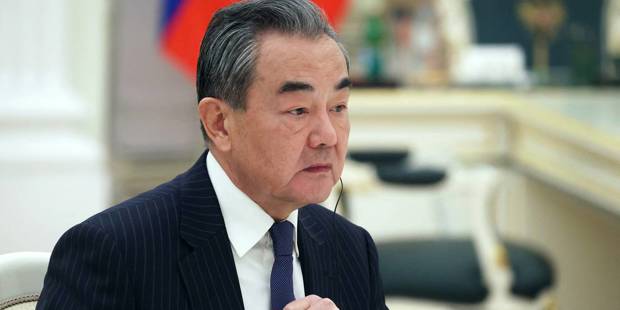
China’s Precarious Balancing Act
Mar 8, 2023 Yu Jie questions how long Chinese leaders can maintain close ties with Russia without alienating Europe.
-
Climate Justice with Chinese Characteristics?
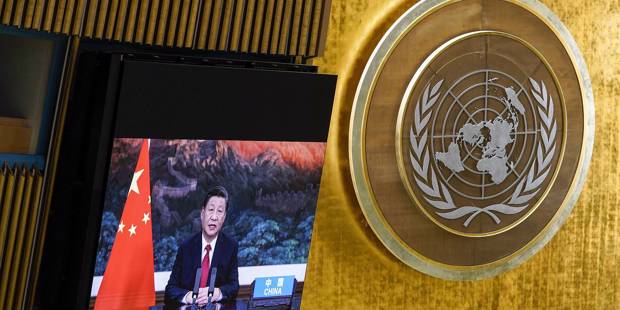
Climate Justice with Chinese Characteristics?
Sep 12, 2022 Yu Jie explains what it will take for the country's new foreign sustainable-development initiative to succeed.

